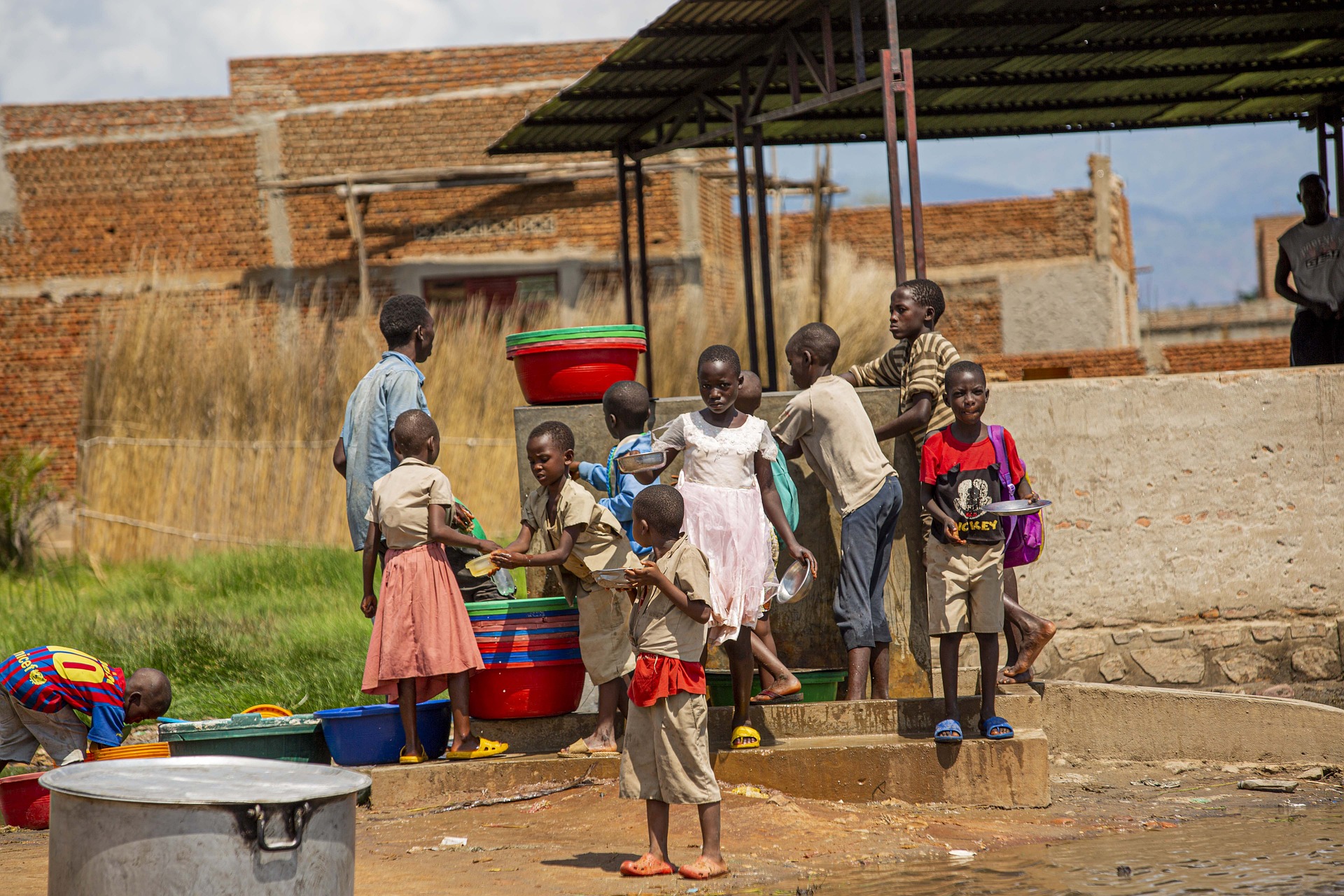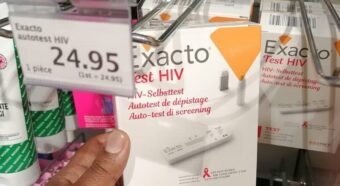Burundi advocates for exit from the Additional Safeguard Policy
- April 7, 2023
- WCA
- By The Bureau
- Read in French

On December 2, 2016, Burundi joined the list of countries under the Global Fund’s Additional Safeguard Policy because of delays in grant implementation that had a marked impact on programmatic results and the absorption capacity of resources.
This provision is a risk management strategy that is specific to its grant implementation context. Effective in 2004, the Additional Safeguard Policy is a “Global Fund risk management tool” that gives the Global Fund a leading role in “identifying and deciding on implementation arrangements.
This policy poses numerous challenges to Burundi and leaves the country as a bystander in the fight against HIV/AIDS in its own geographic space.
Challenges
Selection of Principal Recipients (PRs)
Applying this policy, the GF appointed UNDP as the Burundi portfolio’s Principal Recipient (PR) on October 12, 2017.
However, this unilateral appointment without any form of consultation by the GF poses a real problem to the CCM and the national programs primarily responsible for the fight against the three diseases, de facto pushing the national programs into the role of sub-recipients (SRs).
The UNDP-appointed Principal Recipient needed the key competencies required to implement GF grants. As a result, it had to recruit the required profiles at national and international levels, something that national programs could do if given the opportunity!
The ASP seems to be a dead-end directive because it seems impossible to get out once you enter it. Actually, no reference has been made to the timeframe of the implementation of this measure.
Capacity building of national structures, a wishful thinking
In the letter appointing UNDP as PR, the organisation was given a transitional mandate to manage Burundi’s grants, along with an obligation to build the capacity of nationals to ensure a rapid transfer of management to national entities in accordance with the principle of ownership of the Paris Declaration on Development Assistance.
Unfortunately, this capacity-building of national entities has yet to be effective. One might wonder whether this lack of capacity is not a pretext, given that, in fact, national programs have a wealth of skills that need to be acknowledged by the Global Fund. This same pretext was used to reappoint UNDP as PR for the 2021-2023 grants and more recently for the 2024-2026 grants (see 2022-2025 allocation letter). In the process, a significant portion of the foreign exchange agreed upon in the grant agreements will not land in the accounts of the national bank or commercial banks. It will be managed by foreign accounts. What is the added value for Burundi under these conditions?
Laying the groundwork for exiting the additional safeguard policy
Significant progress despite persistent challenges
There has been tremendous progress in peace and security, good governance, and openness to external partnerships, which provides a conducive climate for expressing organizational capacity.
In principle, this ASP policy should be given a deadline, evaluated, and lifted. Since there has not yet been a joint evaluation by the parties, one might wonder what is the objective basis for the Global Fund to continue to maintain this policy on the Burundi portfolio.
Moreover, this policy does not allow the country to take ownership of Global Fund grants. On the contrary, it leads to indifference and even speculation by some stakeholders with respect to current and future Global Fund grants. It does not encourage the expression and development of national capacities. This maintains the Global Fund’s argument that the country does not have sufficient capacity to manage grants, thus resulting in a vicious circle.
Ongoing initiatives
The Minister of Public Health and AIDS Control and Chair of the Burundi CCM made two visits to the Global Fund. The first was to meet with the Global Fund country team and the CCM focal point in May 2022. During the second visit, she was received by the Director of the Global Fund’s Grants Management Division, Mr. Mark Eldon Edington. In return. Mark Edington visited Burundi and was received in audience by the Prime Minister of Burundi. The Burundi country team has conducted regular program implementation supervision missions since June 2022 and these visits have enhanced communication between the GF and Burundi and allowed for frank dialogue on important issues to revitalize the GF-Burundi partnership.
The Burundi CCM has just organized, transparently and in compliance with the recommendations of the Eligibility and Performance Assessment (EPA) 2022, a selection process for new Burundi CCM members as part of the renewal of its members at the end of their mandate.
The two points outlined above augur well for the restoration of Burundi CCM eligibility for GF funding and a new dynamic for Burundi CCM operations vis-à-vis the GF and other partners , to ensure grant performance and the achievement of impact results. They also provide an enabling environment to lift the ASP policy imposed on the Burundi portfolio.
Roadmap for Returning Grant Management to National Entities
- Evaluate the implementation of ASP in Burundi
- Maintain dialogue between CCM management and the Global Fund
- Analyze the structural challenges that persist in the governance of the Burundi CCM and make a realistic plan to resolve them by the second quarter of 2023.
- Adapt the capacity building plan for national structures, mobilize the necessary resources and proceed with its implementation from quarter 2 of 2023.
- Establish a technical team to develop a transition plan and ensure its follow-up according to the agreed schedule
- Propose implementation arrangements that take into account national entities as PRs when formulating funding requests for the CG7.
CCM Burundi


